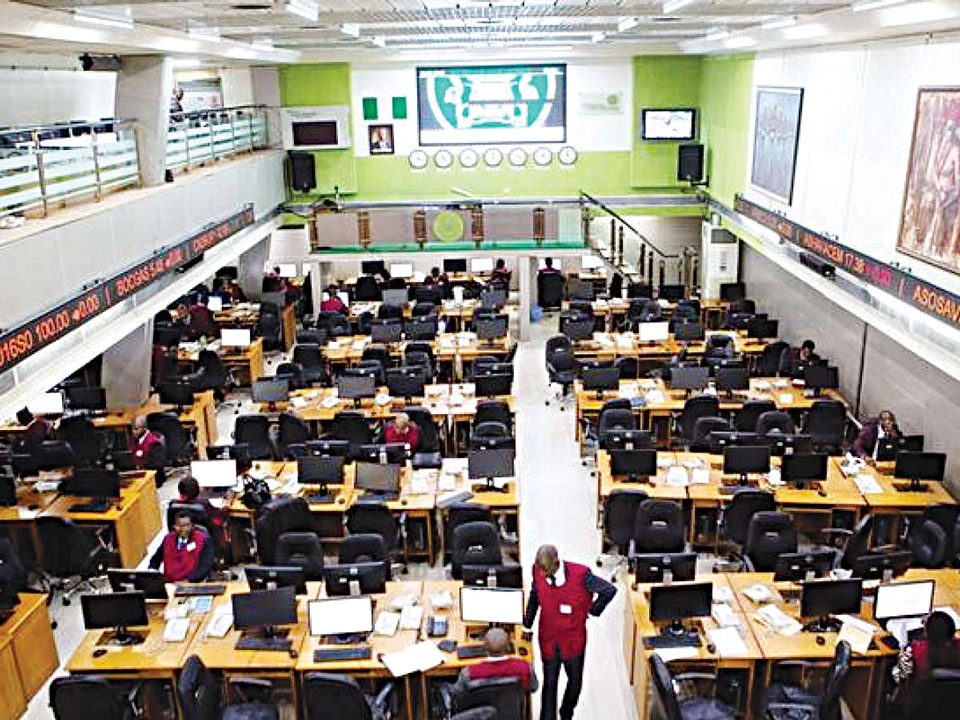World Update: Most Asian indexes close down as North Korea tensions simmer

Nigeria Update: Guinness, Redstar others lift NSE’s indices by N71b
September 7, 2017
Africa Update: India invests $10b in Africa as Nigeria seeks ICT growth
September 7, 2017Stocks in Asia declined on Wednesday, following the fall on Wall Street, as investors remained jittery about North Korea.
Japan’s Nikkei 225 edged down 0.14 percent, or 27.84 points, to close at 19,357.97 with financials and automakers ending the session lower.
Across the Korean Strait, the Kospi closed lower for the fifth consecutive session. The index slipped 0.29 percent to close at 2,319.82. Steelmakers and automakers closed down: Kia Motors fell 3.67 percent, Hyundai Steel tumbled 2.63 percent and Posco lost 2.19 percent.
The Hang Seng Index was down 0.64 percent by 3:13 p.m. HK/SIN, but mainland markets closed higher. The Shanghai Composite tacked on 0.05 percent at 3,385.8765 and the Shenzhen Composite gained 0.375 percent to end at 1,979.5340.
Tensions on the Korean Peninsula continued to simmer, with a North Korean diplomat threatening that the country was prepared to deliver “gift packages” to the U.S. if the latter continues to put pressure on Pyongyang. South Korea has said further missile tests could be expected from North Korea following its last nuclear test on Sunday.
President Donald Trump contributed to the elevated geopolitical tensions when he tweeted on Tuesday that he would be letting Japan and South Korea purchase a “substantially increased amount” of military equipment from the U.S.
Markets also digested Fed Governor Lael Brainard’s comments on Tuesday that the Federal Reserve had to be “cautious about tightening policy,” given that inflation was below the central bank’s target.
Brainard’s dovish remarks overnight reinforced the fact a December Fed rate hike would be contingent on evidence of improvements in wages and inflation, said Ric Spooner, chief market analyst at CMC Markets, in a morning note.
Stocks in the U.S. fell as markets re-opened for trade after the Labor Day holiday, with the Dow Jones industrial average tumbling 1.07 percent, or 234.25 points, to close at 21,753.31.
Yields of the 10-year U.S. Treasury note were mostly unchanged after falling overnight. The 10-year yield edged up to 2.07 percent after settling at 2.06 percent at the end of the U.S. trading day, close to its lowest levels since Nov. 10. Bond yields move inversely to their prices.
The dollar fetched 108.56 yen at 3:18 p.m. HK/SIN. The dollar had earlier fallen as low as 108.49, close to its lowest levels since mid-April. The dollar index, which tracks the dollar against a basket of currencies, stood at 92.206.
Although risk aversion weighed on the dollar/yen, “an unabashedly dovish Brainard was unquestionably the reason” for the deeper move into the 108 level, Stephen Innes, APAC head of trading at OANDA, said in a note.
Ahead, markets are awaiting clues from European Central Bank President Mario Draghi on the central bank’s asset purchase program when the ECB announces its rates decision on Thursday.
Canada’s central bank will also be on the radar ahead of its interest rate decision on Wednesday U.S. time. According to a Reuters poll published Friday, 24 out of 33 economists said that the Bank of Canada would most likely hike interest rates in October. The Canadian dollartraded at C$1.2392 to the U.S. dollar after hitting a two-year high earlier in the week in anticipation of the rates decision.
In corporate news, the sale of Toshiba’s memory chip business returned to the spotlight after Western Digital offered to leave a consortium in talks to buy the unit from Toshiba, Reuters said on Tuesday. Instead, Western Digital would strengthen its position in its existing joint venture with Toshiba, Reuters added. Toshiba shares closed up 4.81 percent.
Other market movers in the session included stocks affected in the annual review of the Nikkei Stock Average. Japan Post Holdings and Recruit Holdings closed up 1.87 percent and 7.77 percent respectively after being added to the index, while Hokuetsu Kishu Paper and Meidensha tumbled 6.12 percent and 6.84 percent after being removed.
“Generally speaking, stocks included in the index tend to rise from the announcement date to the rebalancing date, before displaying a return reversal thereafter,” said Nomura analysts Akihiro Murakami and Tomoyo Izumi in a note. Stocks excluded from the index tend to fall, they added.
On the energy front, U.S. crude futures reversed earlier losses to trade 0.16 percent higher at $48.74 a barrel and Brent crude futures were 0.09 percent lower at $53.33. Crude prices had settled higher overnight as U.S. refineries slowly began resuming operations after up to 25 percent of capacity was closed due to Hurricane Harvey.
Meanwhile, energy markets kept an eye on Hurricane Irma, which could potentially impact demand for gasoline. U.S. gasoline futures declined 1.34 percent to $1.6763 a gallon.
In economic news, Australia second-quarter GDP rose 1.8 percent compared to the previous year, a tad below a Reuters poll forecasting a 1.9 percent increase.
The Australian dollar fell to trade at $0.7998 from levels around $0.8017 after the release of GDP data. The Aussie dollar fetched $0.7980 at 2:56 p.m. HK/SIN.

